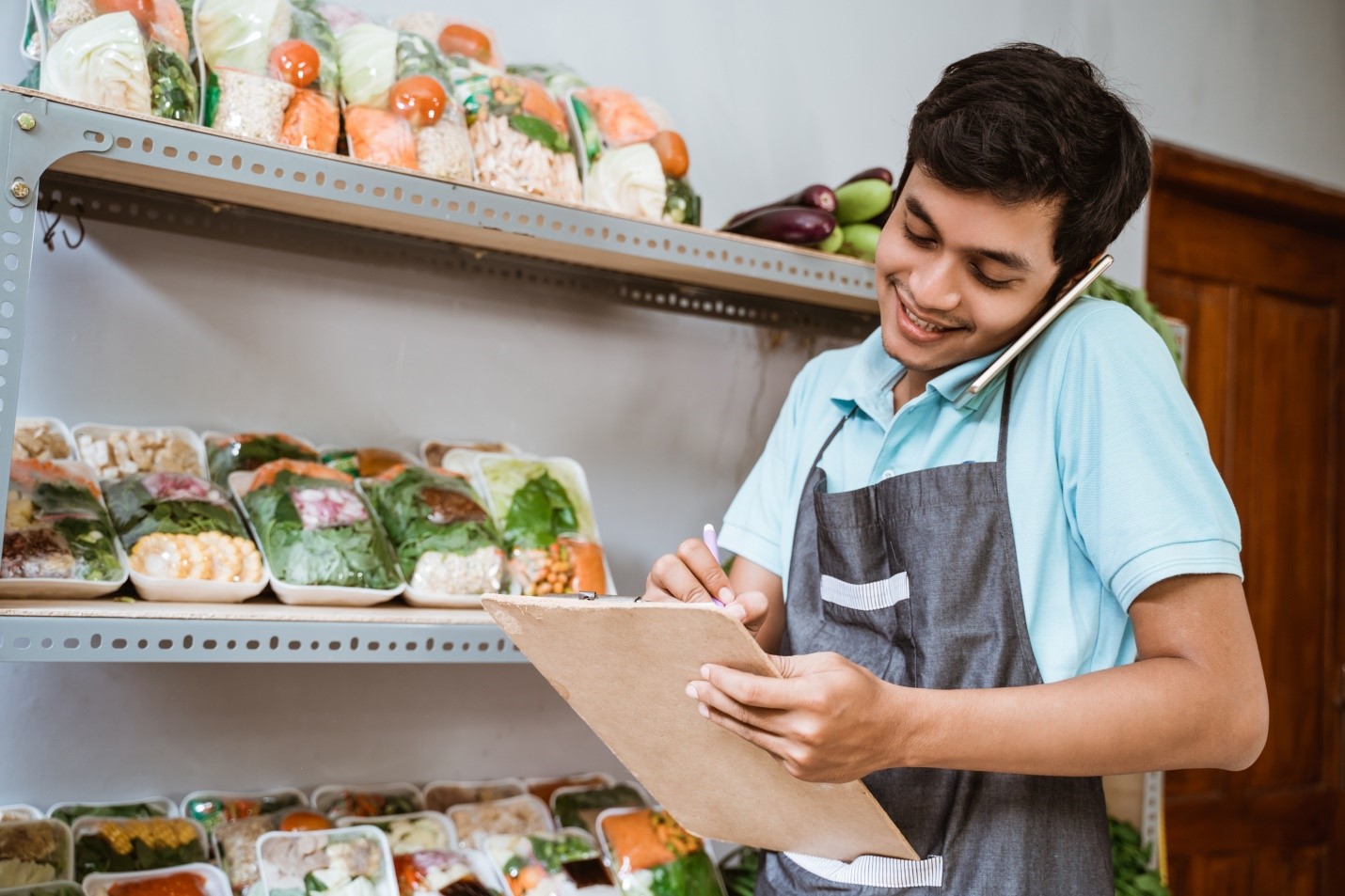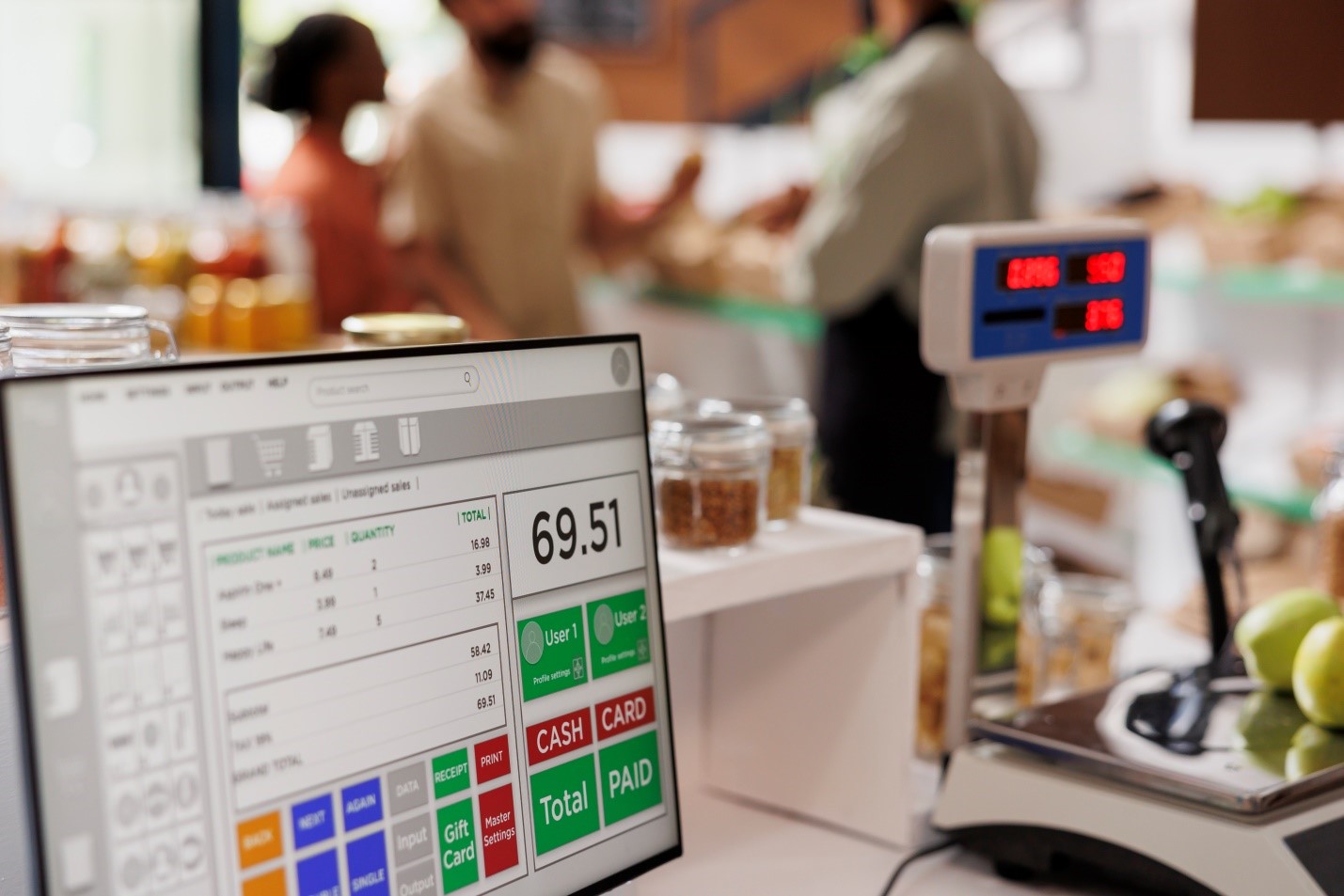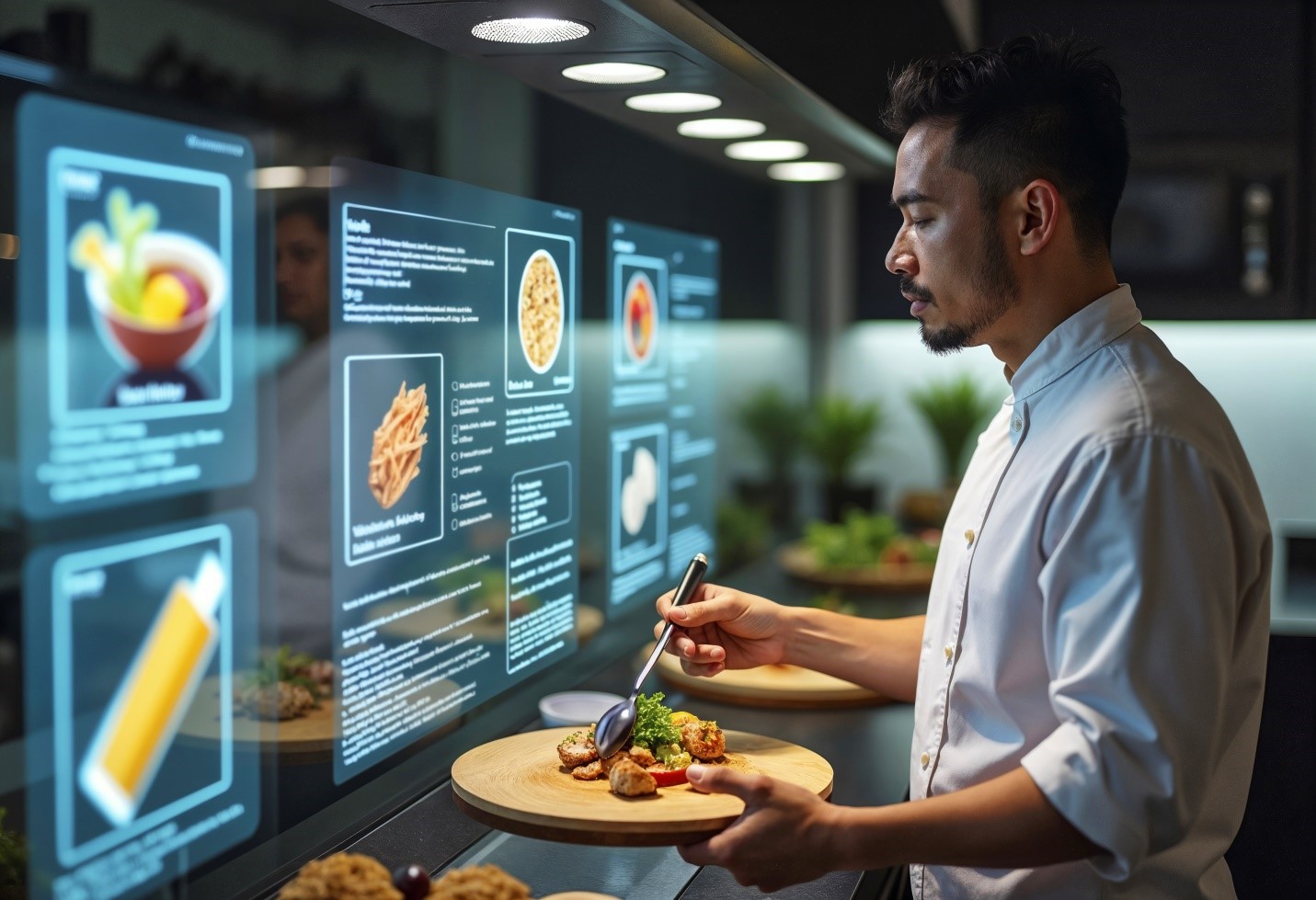The restaurant business has always been fast-paced, with tight margins and high competition. But in 2025, things are moving even faster, which includes rising food costs, changing customer habits, staff shortages, and stricter safety rules, making running a restaurant harder than ever.
So, how can restaurants stay ahead? By inventory management.
It’s not just a back-of-house task anymore—it’s a major revenue driver.
What are we going to explore in this guide?
- What inventory management means in 2025
- Why it’s more important now than ever before
- 10 ways it increases profits
- Tools that make it easier
- Real-world success stories
- Tips to get started today
Let’s dive in.
Inventory Management?

Inventory management is the process of tracking and controlling the food, drinks, and supplies a restaurant uses and stores.
For example, it answers:
- How much chicken do we have left?
- Did we use too much cheese last week?
- Are we running out of gloves or cleaning wipes?
- Is our food cost too high this month?
Modern inventory management isn’t just counting boxes. It uses software, scanners, apps, and reports to track everything in real time—from delivery to the customer’s plate.
Why It Matters More in 2025?

Here’s why inventory management is so important today:
Rising Food Costs
Inflation has hit the food industry hard, so the cost of meat, dairy, produce, and pantry staples is higher than ever. Even a small mistake in ordering or storing food can cost thousands over Time.
Tighter Margins
The average profit margin for restaurants in 2025 is still around 3–6%. That means for every $100 earned, only a few dollars are actual profit. Every bit of waste hurts.
Labor Shortages
Fewer workers mean each staff member is doing more. Smart inventory systems reduce the Time spent counting, recording, and reordering supplies.
Customer Expectations
Guests in 2025 expect fresh, consistent meals. Inventory mistakes can lead to shortages, menu changes, or poor-quality dishes—all of which turn customers away.
Regulatory Pressure
Food safety rules are stricter than ever. Accurate tracking helps avoid violations and shows inspectors that your kitchen is under control.
10 Ways Inventory Management Boosts Restaurant Revenue

Let’s look at the key ways inventory management improves profits:
Reduces Food Waste
Spoiled food = wasted money. With better tracking, restaurants can:
- Use food before it expires
- Rotate stock properly (FIFO—First In, First Out)
- Order only what’s needed
- Avoid duplicate purchases
Example: A seafood restaurant saved 200/month by switching to a digital inventory that flagged items nearing expiration.
Prevents Over-Ordering and Under-Ordering
Too much food leads to spoilage.Too little food leads to missed sales.A h3 inventory system helps managers order just the right amount.
Benefit: Consistent stock levels = consistent revenue.
Improves Menu Engineering
Inventory tracking shows which dishes use costly ingredients and which have the highest profit margins.You can:
- Promote high-margin dishes
- Remove low-profit items
- Price menu items accurately
Tip: Use ingredient-level data to build menus that are both popular and profitable.
Simplifies Reordering and Saves Time
Manual inventory takes hours.Modern systems let you reorder with a few clicks, using auto-generated shopping lists based on usage patterns.
Time saved = more Time for guests, staff training, or marketing.
Prevents Theft and Loss
Sadly, theft is still a real issue.Inventory tracking tools can:
- Show what’s missing
- Track who had access
- Catch patterns over Time
Case Study: A café cut internal losses by 30% after installing inventory alerts.
Boosts Staff Accountability
When team members know inventory is tracked, they’re more careful with food handling and portioning.Less waste, more consistency.
Bonus: It builds a culture of ownership and respect in the kitchen.
Helps with Forecasting
Inventory history shows trends over Time—busy seasons, slow days, and top-selling items.Use this data to:
- Adjust prep plans
- Staff more efficiently
- Plan promotions or discounts
Better Forecasting = fewer surprises and more savings.
Supports Multi-Location Operations
Running more than one location?Centralized inventory tools can:
- Sync data across restaurants
- Transfer surplus items between sites
- Compare performance easily
Chain-wide control means fewer mistakes and better planning.
Enables Recipe Costing and Portion Control
Break down every dish by ingredient.Know exactly what it costs and how much profit you earn.Use scales or portion tools to keep servings accurate.
A few extra ounces per plate can add up to thousands lost per year.
Helps with Supplier Negotiations
When you know your usage and costs, you can:
- Negotiate better prices
- Avoid “ghost” charges
- Hold suppliers accountable for quality and delivery
Knowledge is power, and power saves money.
Tools That Make Inventory Management Easier in 2025
The best part? You don’t have to do it all by hand.
Here are the top tools restaurants are using in 2025:
1. Cloud-Based Inventory Software
Platforms like MarketMan, xtraCHEF, and Apicbase offer:
- Real-time tracking
- Mobile access
- Supplier integration
- Auto alerts for low stock
Great for managers on the go.
2. Smart Scales and Sensors
Kitchen tech can now weigh items and send data directly to software. Some even use RFID tags or smart cameras to detect food levels automatically.
Faster, easier, and more accurate than manual counts.
3. POS Integration
Modern Point-of-Sale systems link with inventory tools. Every sale updates stock automatically. This helps:
- Track usage in real-time
- Flag unusual patterns
- Match sales to stock levels
Example: If 100 burgers are sold, the system expects 100 buns and patties to be used.
4. Mobile Apps
Staff can log inventory using smartphones or tablets. Managers can:
- Approve orders
- View reports
- Scan barcodes
You don’t need to be in the office to stay in control.
5. AI-Powered Forecasting
Artificial Intelligence tools now predict future usage based on weather, holidays, events, and past trends.
Better planning = less waste + more sales.
Real-World Success: Inventory Wins

Here are a few true stories from 2025 restaurants:
Quick-Serve Chain
A 12-location burger chain adopted a centralized inventory system.Within 4 months:
- Food waste dropped by 27%
- Cost of goods sold (COGS) fell by 4%
- Weekly reporting time reduced by 8 hours per store
Upscale Bistro
A fine dining spot used AI forecasting to prep food based on reservation data and weather.They saved over $18,000 in food costs during the summer season.
Local Pizza Shop
A small shop installed portion scales and tracked cheese usage.They discovered overuse on half the orders.Fixing it saved them $900/month—without affecting taste.
How to Start Today:7 Simple Steps
You don’t need to do it all at once.Here’s how to begin:
- Audit Your Current Inventory
Know what’s on your shelves and how much it’s worth.
- Choose a Digital Tool
Pick inventory software that fits your size, budget, and needs.
- Train Your Team
Show staff how to record, rotate, and portion properly.
- Set Clear Procedures
Decide how often to count, what to track, and who does it.
- Start Small
Begin with top items—like meat, dairy, or liquor.Expand from there.
- Review Weekly
Look at reports.Are you using more or less than expected?
- Adjust as Needed
Use data to refine orders, menus, and pricing.
Inventory Management = Long-Term Profit
In 2025, the smartest restaurants don’t just serve great food.They also:
- Track their supplies
- Know their numbers
- Use tech to make better decisions
Whether you run a small café or a multi-unit franchise, inventory management is the secret weapon to increase profit, reduce stress, and stay competitive.
Don’t leave your profits to chance
Food Solution Consulting helps restaurants like yours:
- Reduce food waste
- Train staff on smart inventory habits
- Set up digital tools that work
- Run inventory audits and supplier reviews
- Customize strategies for single or multi-site operators
Book your consultation today and turn your inventory into income.

